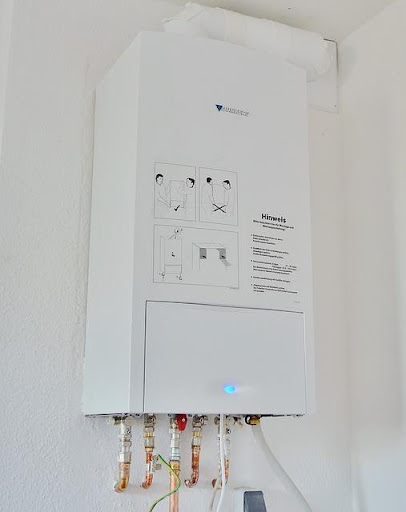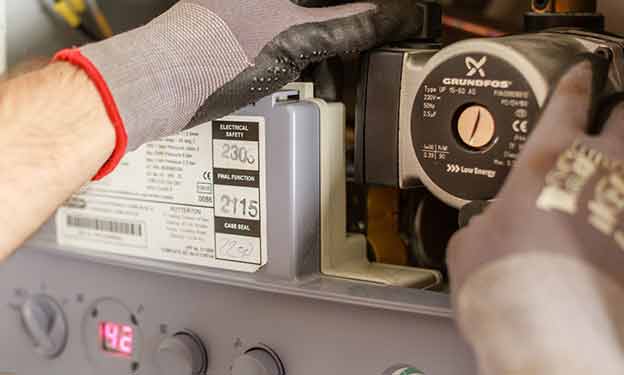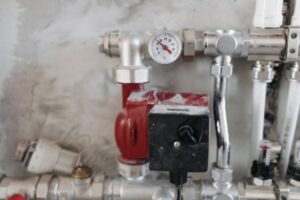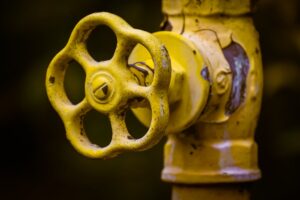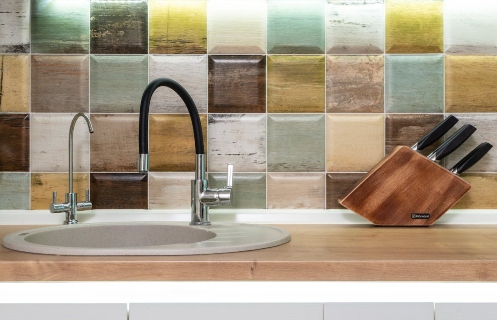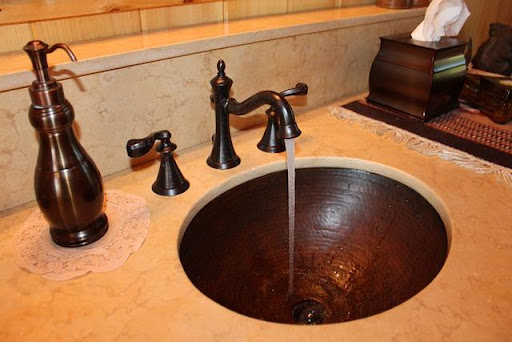
Springtime is that time of year when everything in nature comes alive. After months of lying dormant because of winter, plants, animals, and humans are bustling with energy and raring to go. Everywhere you look, there are lovely colors and birdsongs. People everywhere are unfolding their tools, equipment and bodies to get back to the work and play they love.
But the start of spring is also when you are most likely to find leaks in your water pipes. That is mostly the aftermath of winter when pipes burst due to exposure to cold. With the onset of spring rains, your home’s plumbing is also likely to be overwhelmed by surface runoff and flash floods, resulting in even more plumbing issues for your home.
We know sometimes it’s hard to manage your investments and keep track of this kind of issues, especially for property managers who manage multiple rental properties, but these spring plumbing issues can be avoided with a little insight into the causes of the problems and preemptive steps to stop them. Spring is here; which can mean bad news for many homeowners. However, with the spring plumbing tips listed below, you can make spring fun by avoiding potential issues with your property’s plumbing.
8 tips to avoid spring plumbing issues
Check your toilets
Hidden leaks in your toilet will waste water and interfere with the toilet’s function. Check for hidden leaks by adding six drops of food coloring to the toilet tank. Wait 30 minutes to see if the color shows up in the bowl. If it does, there is a leak. Does the toilet flush properly, and does the water stop running after each flush? If the answer is no, there are worn-out parts in the tank that need to be replaced.
Inspect the bathtub and shower
Cracks often appear in grout as a result of changes in temperature and humidity that happen during winter. Inspect your shower and bathtub trim molding. If there are cracks in the seams, they can cause leaks or mold. Seal them before the small issues become problems that cost thousands of dollars to fix.
Inspect floor drains and outdoor drains
Check floor drains for signs of slow draining. If more than one-floor drain is acting-up at the same time, that can be a sign of impending problems with your main sewer line. Also, check outside drains; they are likely to be clogged after the winter weather. If your home has French drains installed, this is the time to inspect and have it professional hydro jetting services.
Clean gutters and downspouts
Remove all winter debris from gutters and downspouts. Check for signs of damage, loose or missing fittings, and rust. Ensure the downspout is not discharging in the wrong place on your property. Check your vent pipes; they are a favorite location for birds to make their nest. Blocked vent pipes will cause the home’s plumbing to drain slowly.
Test the sump pump
The sump pump is your home’s last line of defense against flash floods; test it to ensure it is working. Testing a sump pump is as simple as pouring enough water into the basin to trigger the pump and then watching it to ensure the water is completely removed and the pump turns itself off afterwards. Also, clean the sump pump to prevent malfunctions due to clogging.
Flush your water heater
To prevent scalding, the temperature setting on your water heater should not be above 120°F. A lower temperature setting will also help reduce your energy bills. Limescale and debris inside the potable water supply are left inside the water heater as the water is heated. This deposit can impair the efficiency of your water heater. Drain the water heater to get rid of sediment that has built up in the last year.
Check for leaks and drips
Faucets and supply hoses for the dishwasher, washing machine and ice maker may have minor leaks that are hard to detect. Inspect and test them carefully. To ensure there are no leaks in your home’s water pipes, take a meter reading when leaving for work and do it again when you return. If the number has changed, you have a leak in your plumbing.
Test your main water valve
Shutting off your home’s water supply is the first step when you have a burst plumbing pipe emergency or major leak at home. But for this to work, the main water valve must be functional. If the valve is stuck because of disuse, you won’t be able to turn off the water. Test the water main valve by turning it on and off several times.
Finally, a wholesale inspection of your home’s plumbing systems is the best way to detect and eliminate any potential plumbing issues. It is suggested that you do this at least twice a year, preferably at the start of the season. To ensure this is done correctly, you will need to call a nearby plumber.
A plumber will not only have an overview of how the home’s plumbing works, they know the likely issues that can happen and have a tested routine for inspecting the plumbing. This ensures that no aspect of the system is overlooked and no budding issues are missed.

